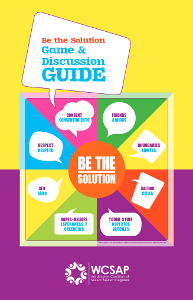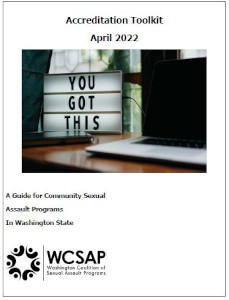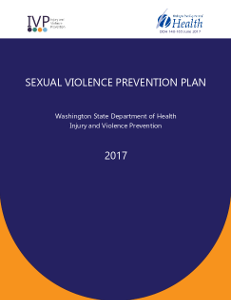Pregnancy
- The risk of pregnancy following a sexual assault is dependent upon the nature of the assault, time of the assault in relation to the menstrual cycle, current use of contraception, and individual factors relative to fertility and the assailant.
- Choosing any post-assault forensic examination and/or treatment is a very personal matter, and as a health issue, should be seriously considered. Victims of sexual assault can receive information,…


